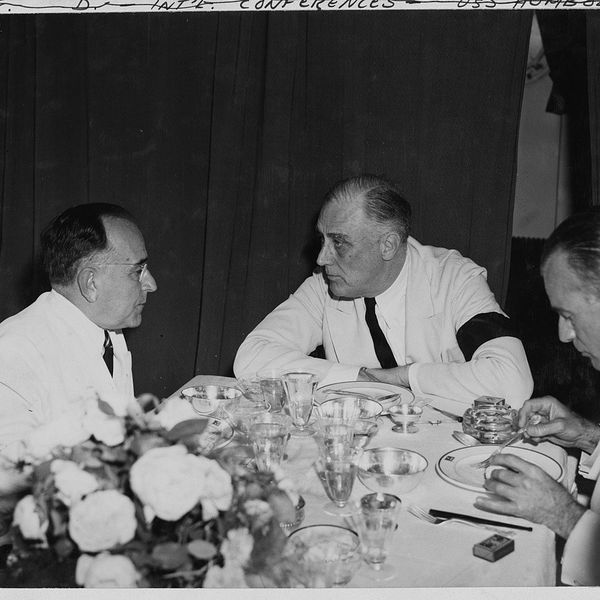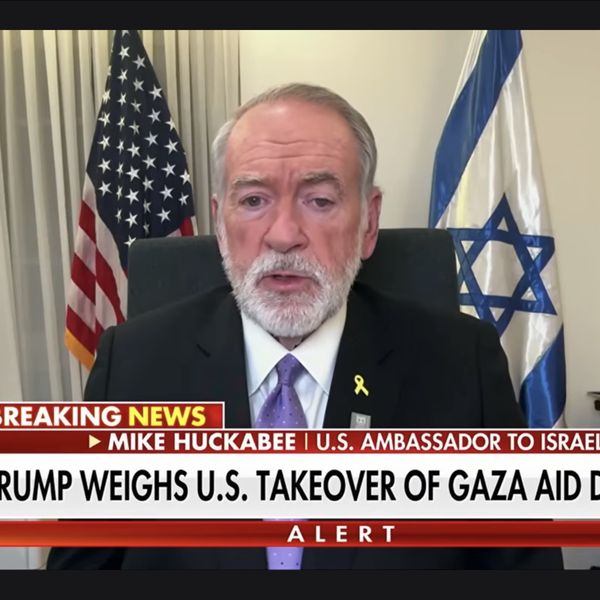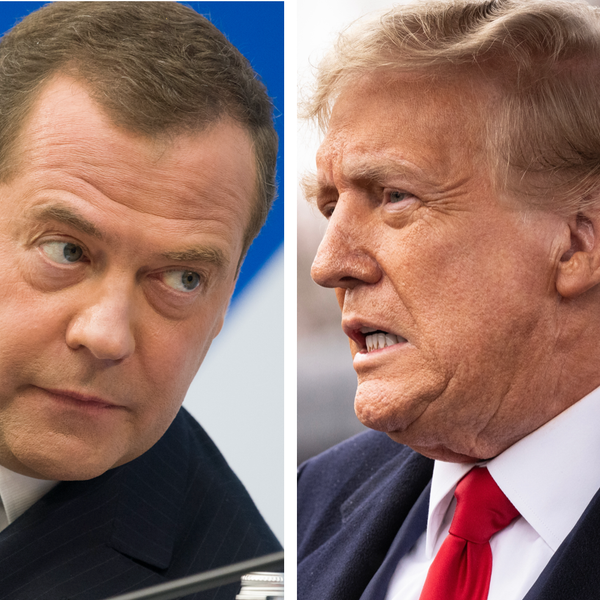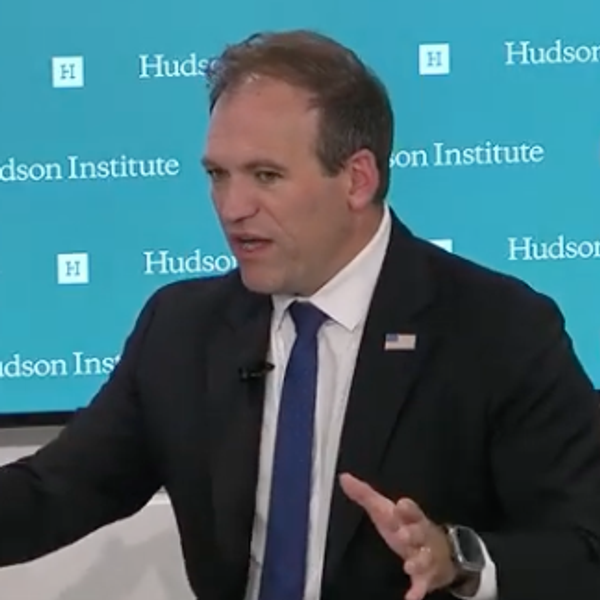The Russian invasion of Ukraine is illegal and needs to be condemned. But the United States should also be condemned for asking Ukraine to keep its aspiration to join NATO alive while at the same time spurning that aspiration.
Indeed, the United States doesn’t want Ukraine to reach a settlement with Russia that sacrifices the principle that nations have a right to determine their own alliances, a principle that the United States is not nor ever has itself recognized.
State Department spokesperson Ned Price said this week that “President Zelenskyy has also made it very clear that he is open to a diplomatic solution that does not compromise the core principles at the heart of the Kremlin’s war against Ukraine.” According to Price, those core principles at the center of this conflict are “that each and every country has a sovereign right to determine its own foreign policy, has a sovereign right to determine for itself with whom it will choose to associate in terms of its alliances, its partnerships, and what orientation it wishes to direct its gaze.”
So the stated U.S. policy is that Ukraine can make a sovereign decision to join NATO and no country can close the door. But that is exactly what the United States has done. It has created the illusion of an open door for its international audience while closing it firmly shut.
President Biden has said that “the likelihood that Ukraine is going to join NATO in the near term is not very likely.” German Chancellor Olaf Scholz has said that “the question of [Ukrainian] membership in alliances is practically not on the agenda.” He emphasized the point by adding that “is not even on the agenda.” Even Ukrainian President Volodymyr Zelensky said he has “understood that NATO is not prepared to accept Ukraine.”
So on the one hand, Price says Ukraine is free to join whatever alliances it wants, but President Biden and other NATO countries say joining the alliance isn’t going to happen. Zelensky himself has expressed his frustration with this hypocrisy. "I requested them personally to say directly that we are going to accept you into NATO in a year or two or five, just say it directly and clearly, or just say no," he said on March 20. "And the response was very clear, you're not going to be a NATO member, but publicly, the doors will remain open.”
It is not true that any country has the right to join NATO if it chooses, nor is NATO obliged to accept anyone who wishes to join. Membership has to be at the invitation of NATO, and NATO members have to agree unanimously: any one country can say no. And NATO is under no obligation to extend an invitation to a solicitous country. The NATO treaty says only that it "may then be invited to join,” and that there is no guarantee. The invited country also has to "further the principles of this Treaty and to contribute to the security of the North Atlantic area."
Though, ideally, autonomous nations may be free to pick their alliances, geopolitical realism has long ruled out that ideal. For example, the United States has always conditioned the easing of hostilities with Cuba on the grounds that it completely cut ties with the Soviet-China bloc. In that sense, the United States should empathetically be able to understand that Ukraine is no more free to join NATO than Venezuela, Cuba, Mexico, or Canada would be free to join a military alliance with Russia.
In fact, the U.S. itself has banished countries from international partnerships that they wished to be part of. As William LeoGrande and Peter Kornbluh report in “Back Channel to Cuba” in 1962, the U.S. dominated Organization of American States suspended Cuba’s membership, barring it from an international partnership. It was not until 2009, over U.S. opposition, that the OAS repealed the suspension.
For two centuries, the Monroe Doctrine has tightly closed the door to European powers from encroaching on the American continents. It warns that "any attempt on their part to extend their system to any portion of this hemisphere" would be interpreted as "dangerous to our peace and safety." Any alliance between a European power and a sovereign state in the Western hemisphere would be seen as "the manifestation of an unfriendly disposition toward the United States."
Theodore Roosevelt would add America’s right to intervene in Latin America to enforce the Monroe Doctrine. And President Kennedy invoked the Monroe Doctrine to justify illegal U.S. intervention in Cuba, claiming that, "The Monroe Doctrine means . . . that we would oppose a foreign power extending its power to the Western Hemisphere."
But the greatest hypocrisy, and the biggest problem, with the U.S. claim that the door to NATO must remain open to any European state that expresses interest in joining is that the principle for which Ukraine is fighting against Russia was denied to Russia.
In his early attempts to create closer relations with the European Union, the United States, and the West, Putin suggested Russian membership in NATO. In a March 2000 interview with David Frost, when asked about Russia joining NATO, Putin answered, “Why not?” adding that “Russia is part of European culture . . . and seeing NATO as an enemy is destructive for Russia.”
More importantly and more formally, according to Richard Sakwa in Russia Against the Rest, “In the early 2000s Putin seriously engaged with NATO. It appears that informal membership talks were even held in Brussels, until vetoed by Washington.” Sakwa says that, although they have refused to go on the record, several Western and Russian officials have confirmed to him that these talks actually took place. Putin went that far in negotiating Russian membership in NATO, but the United States closed NATO’s door in direct contradiction to U.S. insistence that the door to NATO must remain open to any European nation that seeks membership and that, as Price said, “every country has a sovereign right to...determine for itself with whom it will choose to associate in terms of its alliances.”
There are, then, several problems with the principles that Price invoked for which the United States is asking Ukrainians to go on fighting and dying for: a principle that the United States is not willing even to apply, let alone for which it is willing to fight.














